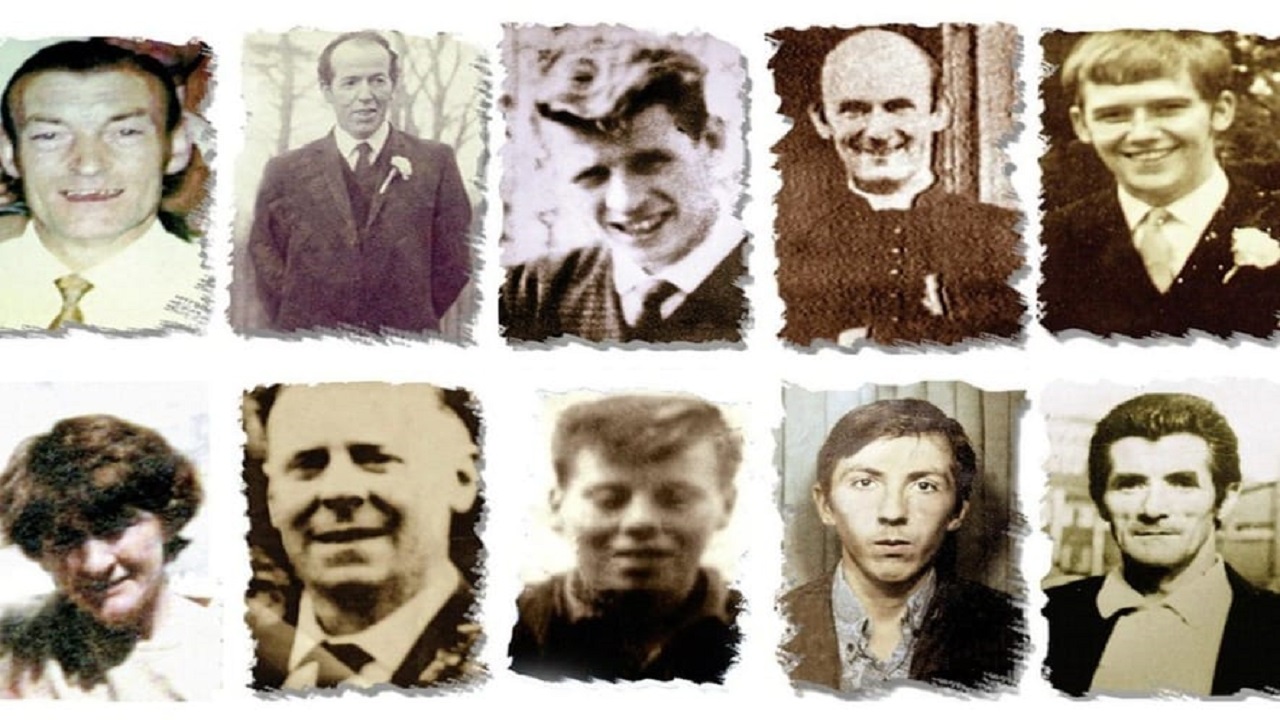In a historic declaration on May 11, Justice Siobhan Keegan in Belfast ruled that all 10 victims in the 1971 Ballymurphy massacre were “entirely innocent of any wrongdoing.” The judge held that they were killed by British paratroopers “without justification” in unilateral shooting during the Troubles era in Northern Ireland.
The declaration was a vindication for the families of victims, who have been fighting for justice which was delayed by five decades. However, many of the relatives of the victims were unhappy about the insensitivity of the UK prime minister Boris Johnson on the issue. Boris Johnson first conveyed an official apology to Northern Ireland’s first minister. UK’s northern secretary Brandon Lewis also apologized in a statement in the House of Commons on May 13.
However, the relatives of the victims have demanded a public statement of apology from the British prime minister in the House of Commons. Finally, Boris Johnson apologized in the House of Commons for the delay in investigations. The families of the victims were unhappy at the statement, pointing out that the apology should have focused on “our loved ones who were murdered” and not how the investigation was handled.
Around fifty years ago, during the conflict in Northern Ireland between the Irish Republican revolutionaries and the British forces and paramilitaries, commonly referred to as the Troubles (1960-1990), the 1st battalion of the British Army’s Parachute Regiment shot and killed 10 civilians in Ballymurphy, Belfast, in Northern Ireland. The executions took place during a raid on alleged members of the provisional IRA between August 9-11, 1971. Even after peace was restored in Northern Ireland through the Good Friday Agreement on April 10, 1998, ending the Troubles, investigations into ‘Trouble era’ crimes by the British forces invoked much furor and controversies. In most of the cases, the British army tried to defend their actions by portraying the victims as armed militants from the Provisional IRA who were attempting sabotage activities.
The inquiry report by the Saville Commission published in 2010 indicted the British troops for killing 13 protesters in the notorious ‘Bloody Sunday’ massacre at Derry, Northern Ireland on January 30, 1972. This sparked outrage and forced the then UK prime minister David Cameron to officially apologize in the House of Commons for the actions of the British troops. The coroner’s declaration on the Ballymurphy massacre has been made following an inquest started in 2018.
Northern Ireland’s deputy first minister Michelle O’Neill, from Sinn Fein, described the findings by the coroner as “a day for truth and for the Ballymurphy families as the British state’s murder has been exposed.” She said that the Ballymurphy killings were “state murder and for decades the British government have covered it up. Now the truth has been laid bare for all to see.”
The Communist Party of Ireland (CPI) has stated that the verdict is a “victory for the families and their supporters and a testimony to their unshakable belief held for 50 years that their loved ones were completely innocent and that they had been murdered by the British Army.”
“The verdict once again brings out into the open the role of the British state forces in the death of many hundreds of innocent people as well as the killing of hundreds of political opponents.There are many more cases like the Ballymurphy massacre. The British state killings should not be allowed to be swept under the carpet nor a moratorium on historical crimes be introduced.” CPI said.
The Workers Party of Ireland has also welcomed the verdict and called for an immediate investigation against the paratroopers and their captain, Gen. Sir Mike Jackson, who were responsible for the murder of the 10 unarmed civilians in Ballymurphy.
The article has been updated to reflect Boris Johnson’s apology on May 19





